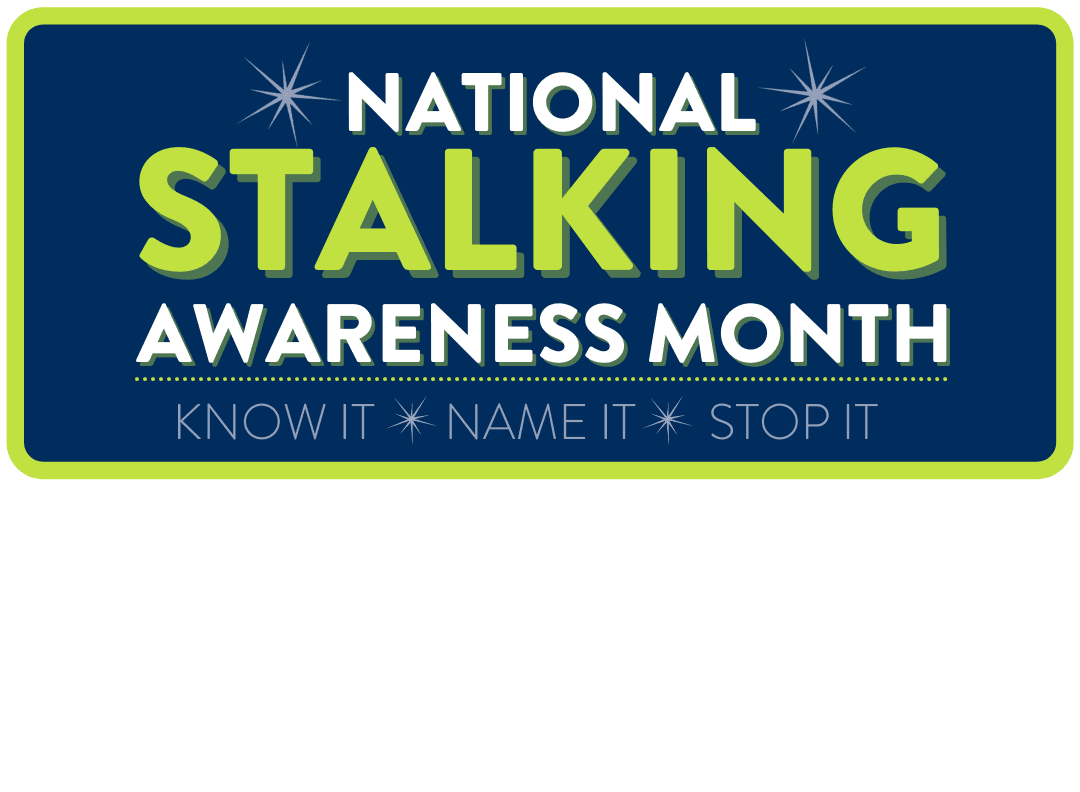
National Stalking Awareness Month (NSAM), observed annually in January, serves as a dedicated call to action to acknowledge and address the grave issue of stalking. Stalking, characterized by a repetitive pattern of behavior over time directed at a specific individual, induces fear for the safety of the person or others. It distinguishes itself from most crimes by involving repeat victimization—going beyond a single incident—and is defined, in part, by the profound impact it has on the victim or survivor.
The actions constituting stalking encompass unwanted and repeated visual or physical proximity, non-consensual communication, verbal, written, or implied threats, as well as the presentation of unwanted gifts, often laden with complex meanings for the victim or survivor. Similar to domestic violence, stalking is rooted in a dynamic of power and control, with many perpetrators continuing their stalking behaviors even after the termination of the relationship.
Amongst stalkers, intimate partner stalkers pose the highest risk, more prone to approaching victims and escalating their actions. Disturbingly, The Stalking Prevention, Awareness, and Resource Center (SPARC) reveals that stalking serves as both a terrifying and psychologically harmful crime and a predictor of lethality, preceding attempted murders in 85% of cases involving intimate partners.
Recognized as a crime across all 50 states, the District of Columbia, U.S Territories, Federal law, and numerous tribal codes, stalking in New York State is defined as intentionally engaging in a course of conduct directed at a specific person, causing a reasonable fear of material harm. Charges can extend to situations where the offender harms the victim's mental or emotional health or threatens their employment, business, or career. Penalties for stalking range from three months imprisonment or one-year probation for fourth-degree offenses to two to seven years in prison for first-degree offenses.
New York offers protective measures for stalking victims, such as participation in the State's Address Confidentiality Program, allowing them to shield their actual address from abusers. More information is available at the NYS Address Confidentiality Programs website. Additionally, victims not physically injured are eligible for reimbursement of expenses, including shelter costs and crime scene cleanup, through the state Office of Victim Services.
During NSAM, the New York State Coalition Against Domestic Violence (NYSCADV) will conduct virtual activities to garner support and raise public awareness about stalking. To contribute to the cause, individuals can share NSAM information online, attend training sessions on stalking, or plan public awareness campaigns. NYSCADV will also be hosting a webinar on the intersections of stalking, technology safety, and economic empowerment strategies on January 24 from 11 AM to 1 PM. This webinar will be open to staff of primary purpose domestic violence, rape crisis and crime victims’ programs operating in New York State. Registration information will be released shortly.
For those seeking more information on stalking and ways to help, various resources are available, such as SPARC's Public Awareness Curriculum, NCADV's facts about Domestic Violence and Stalking, and SPARC's compilation of resources for stalking victims.
Moreover, the intersection of stalking and technology is addressed, with abusers frequently exploiting digital platforms to harass and control their victims. Resources, including toolkits and safety guides, are provided to aid survivors in navigating technology in a safe way, such as NNEDV's Technology Safety & Privacy: A Toolkit for Survivors and NNEDV's Agency's Use of Technology: Best Practices & Policies Toolkit. Additionally, the Clinic to End Tech Abuse (CETA) provides updated resources and materials on online safety, security, and privacy.
NSAM stands as a crucial initiative to shed light on the severity of stalking, encouraging collective action to recognize, prevent, and support victims in their journey towards safety and justice.


